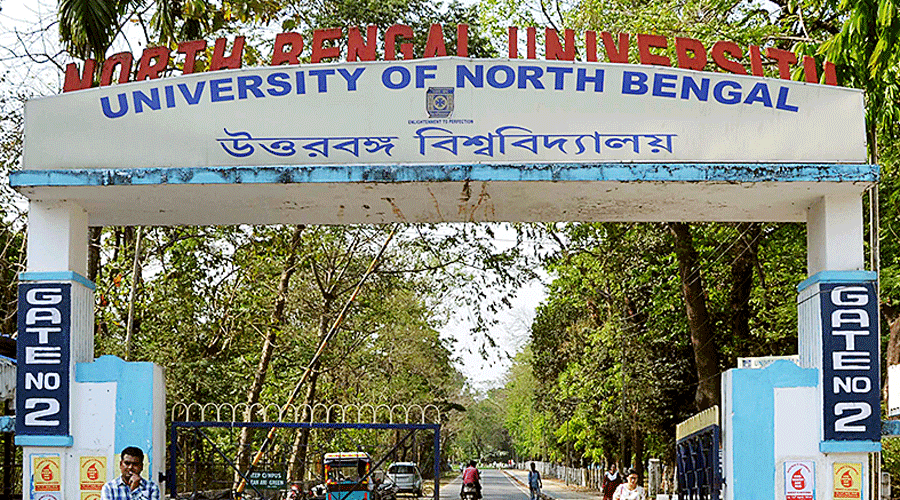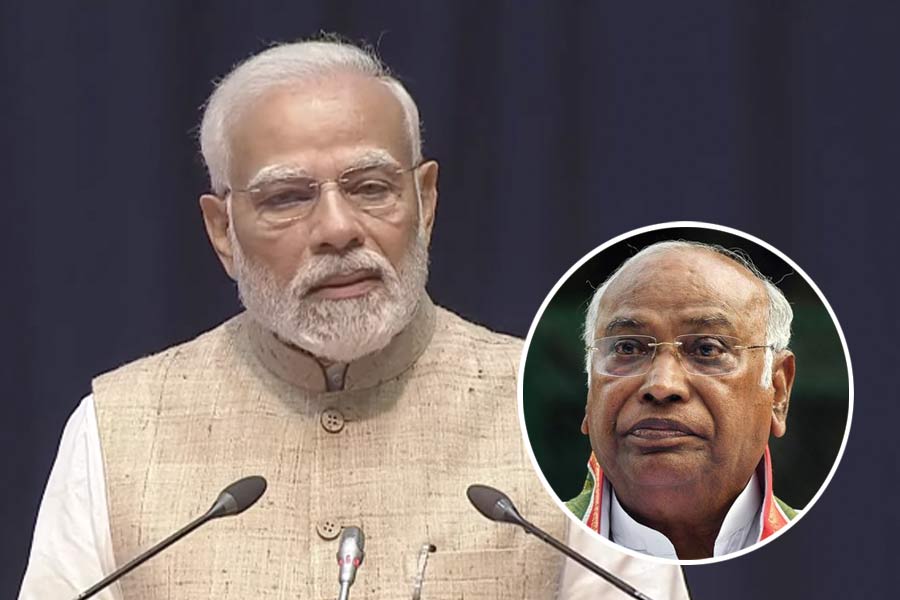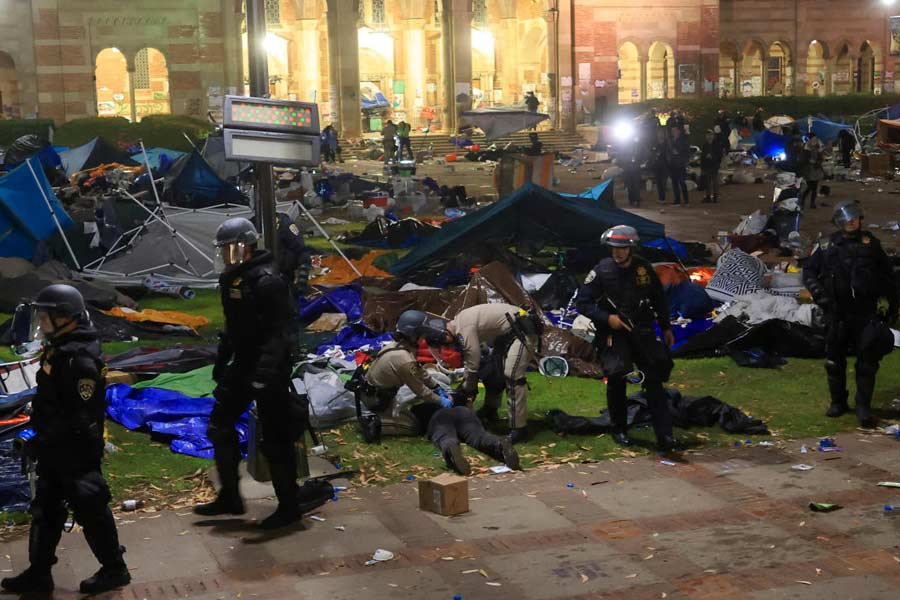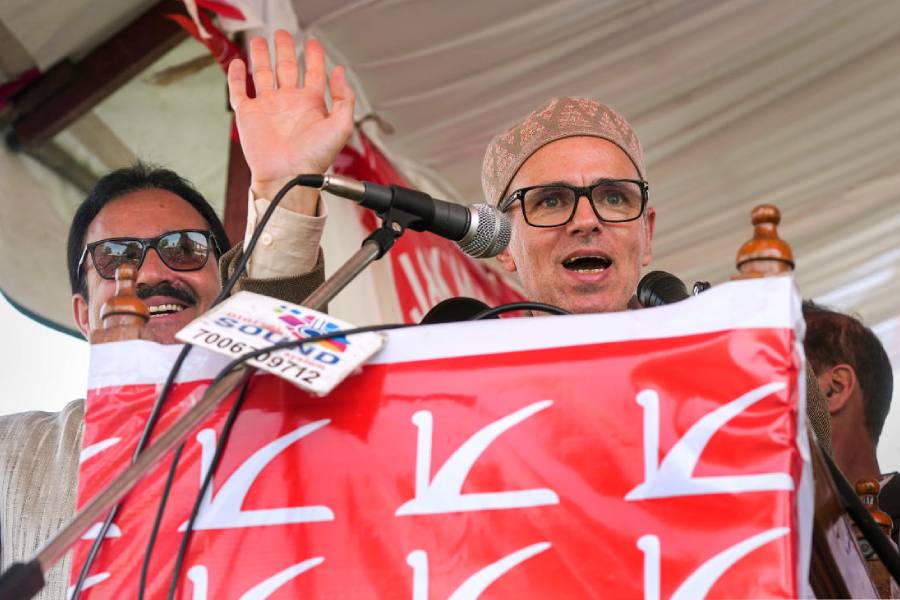Freedom of academic and cultural expression and institutional autonomy have declined strongly in India since the Narendra Modi government came to power, an international group of political scientists has said in a report released on Thursday.
The report titled Academic Freedom Index Update 2023 by researchers at academic institutions in Germany and Sweden has noted “a drop in university autonomy” in 2009 which, it said, was followed by a decline in “all aspects of academic freedom” after 2014.
The Update 2023 report emerged a day after the Union home ministry imposed restrictions related to foreign funding on the Centre for Policy Research, New Delhi.
The report has identified 22 countries — India, China, the US and Mexico, among others — where it said universities and scholars experience significantly less academic freedom today than they did 10 years ago.
Political and social science researchers have long argued that academic freedom plays a key role in allowing societies to innovate, understand, grow intellectually, critically reflect and resolve issues.
“Without freedom, universities become places of dogma rather than research, academics cannot fulfil their role in society, students cannot develop independent minds,” Katrin Kinzelbach, a professor of international politics at the Friedrich Alexander University, Erlangen, Germany, the report’s co-author, told The Telegraph.
Among 179 countries assessed, India is ranked among the bottom 30 per cent with an index score less than 0.4, while the US is ranked among the top 50 per cent with an index score just below 0.8. China is among the bottom 10 per cent with a score less than 0.1.
The index score is made up of five measures — the freedom to research and teach, freedom of academic exchange and dissemination, institutional autonomy of universities, freedom of academic and cultural expression and campus integrity, which means the absence of security infringements and surveillance on campus.
The AFI is a result of a collaboration involving 2,197 country experts worldwide, coordinated by researchers at the University of Gothenburg’s V-Dem Institute in Sweden and the Institute of Political Science at the Friedrich Alexander University.
The V-Dem Institute, an independent academic research think tank, had declared in a report in 2021 that India’s electoral democracy had “collapsed” in 2016, giving way to an electoral “autocracy”. The Update 2023 report focuses only on descriptive statistics, assigning scores on academic freedom to each country and does not establish any cause-effect relationships.
“But the data suggest the decline in academic freedom occurred in parallel to an autocratisation process in India,” said Lars Pelke, a research scholar and another co-author at the Friedrich Alexander University.
“It is common to see universities come under pressure in the context of autocratisation.”
Indian social science researchers Nandini Sundar at the University of Delhi and Gowhar Fazili at Ashoka University had in a 2020 paper listed what they described as “growing restrictions on academic freedom” in the country, including restrictions on institutional autonomy and extra-mural freedom to acquire and express opinion, and subversion of faculty selection.
Sundar and Fazili had also cited harassment of dissenting students or faculty — universities routinely resort to rustication, expulsion and withholding of scholarships of dissenting students and impose curbs on faculty by denying leave, stalling or declining promotions, or withholding retirement benefits.











